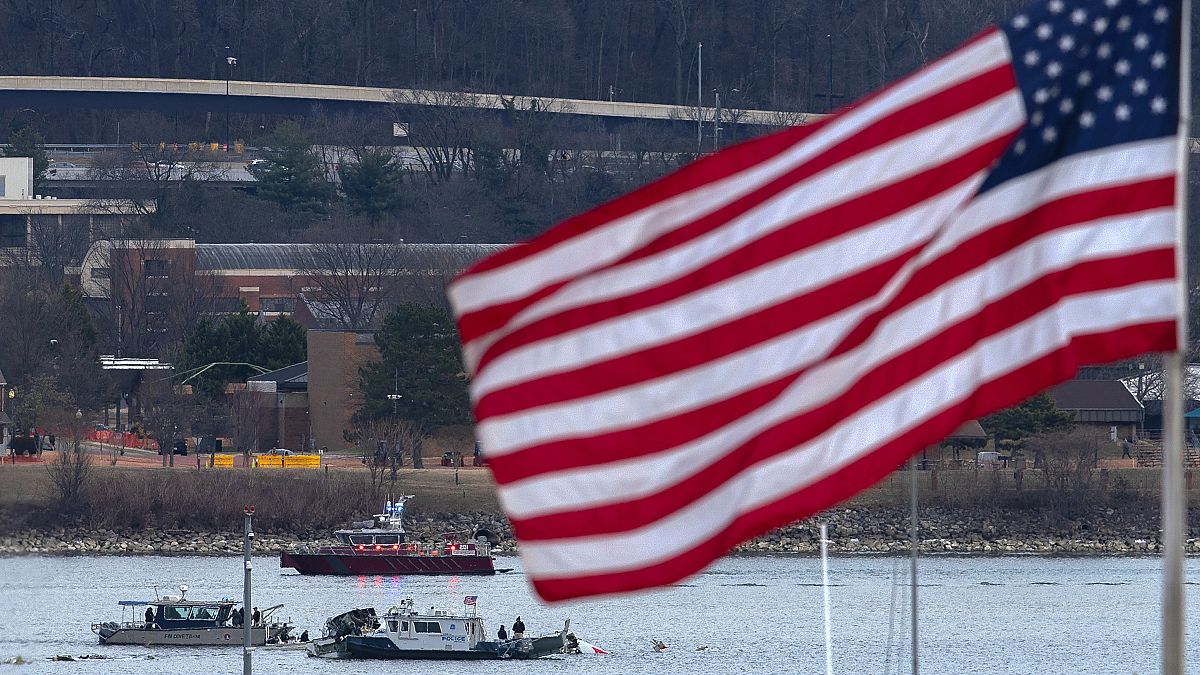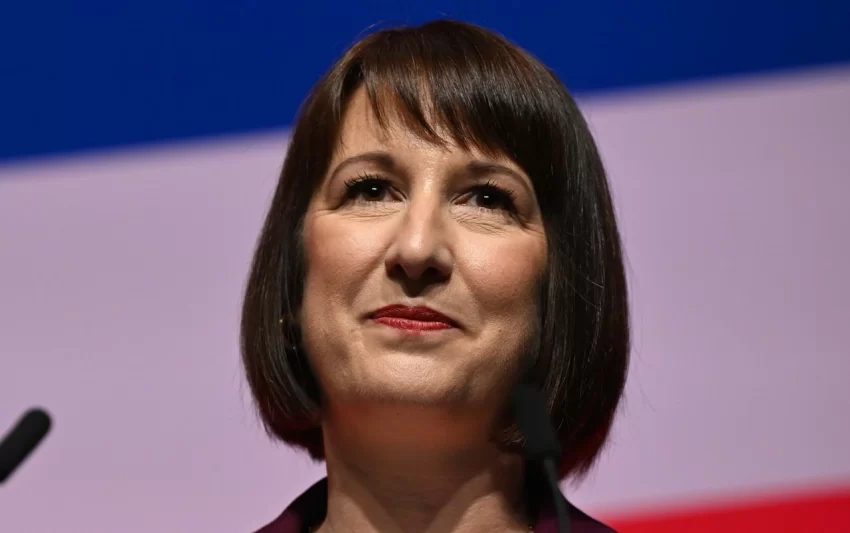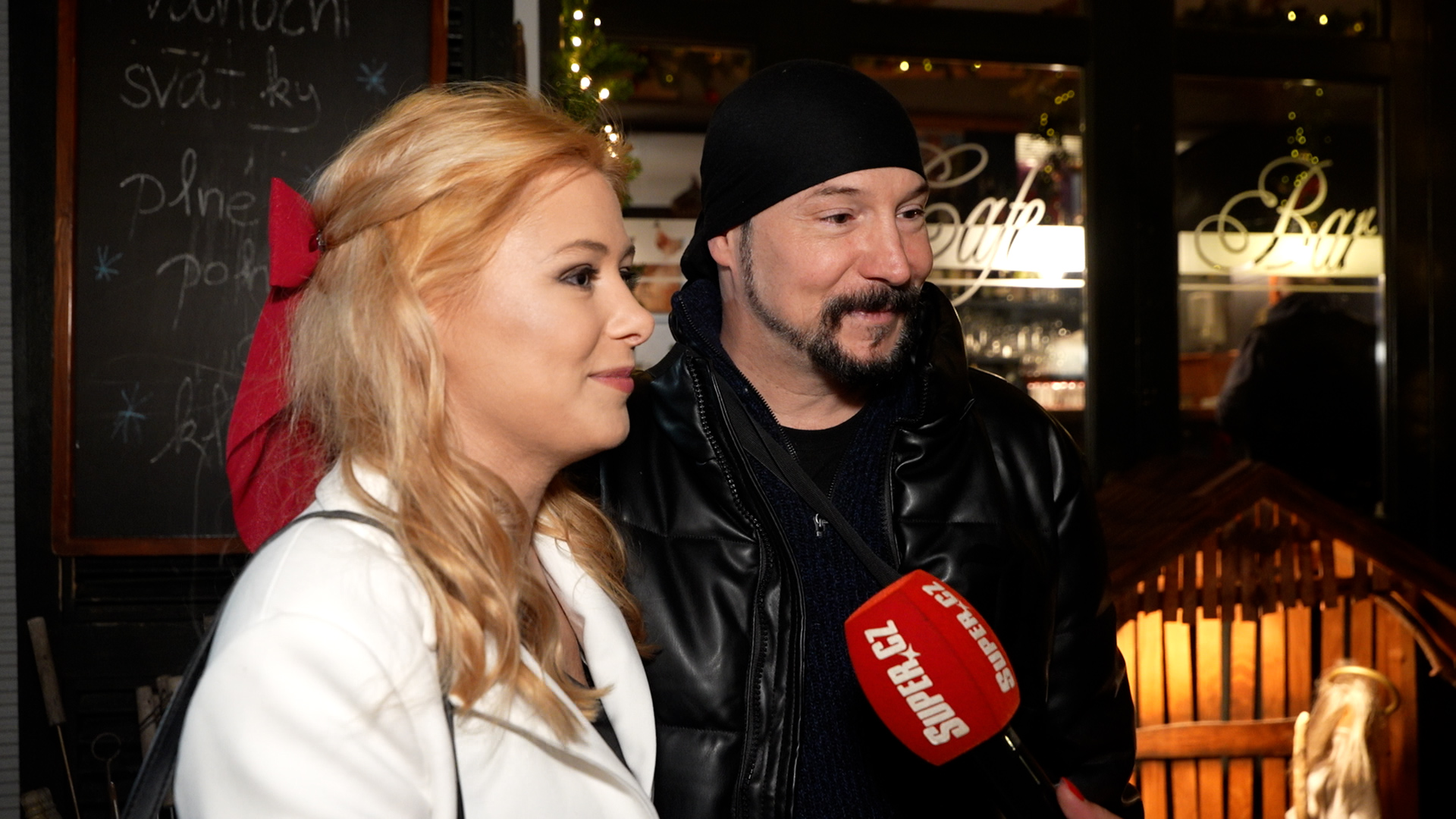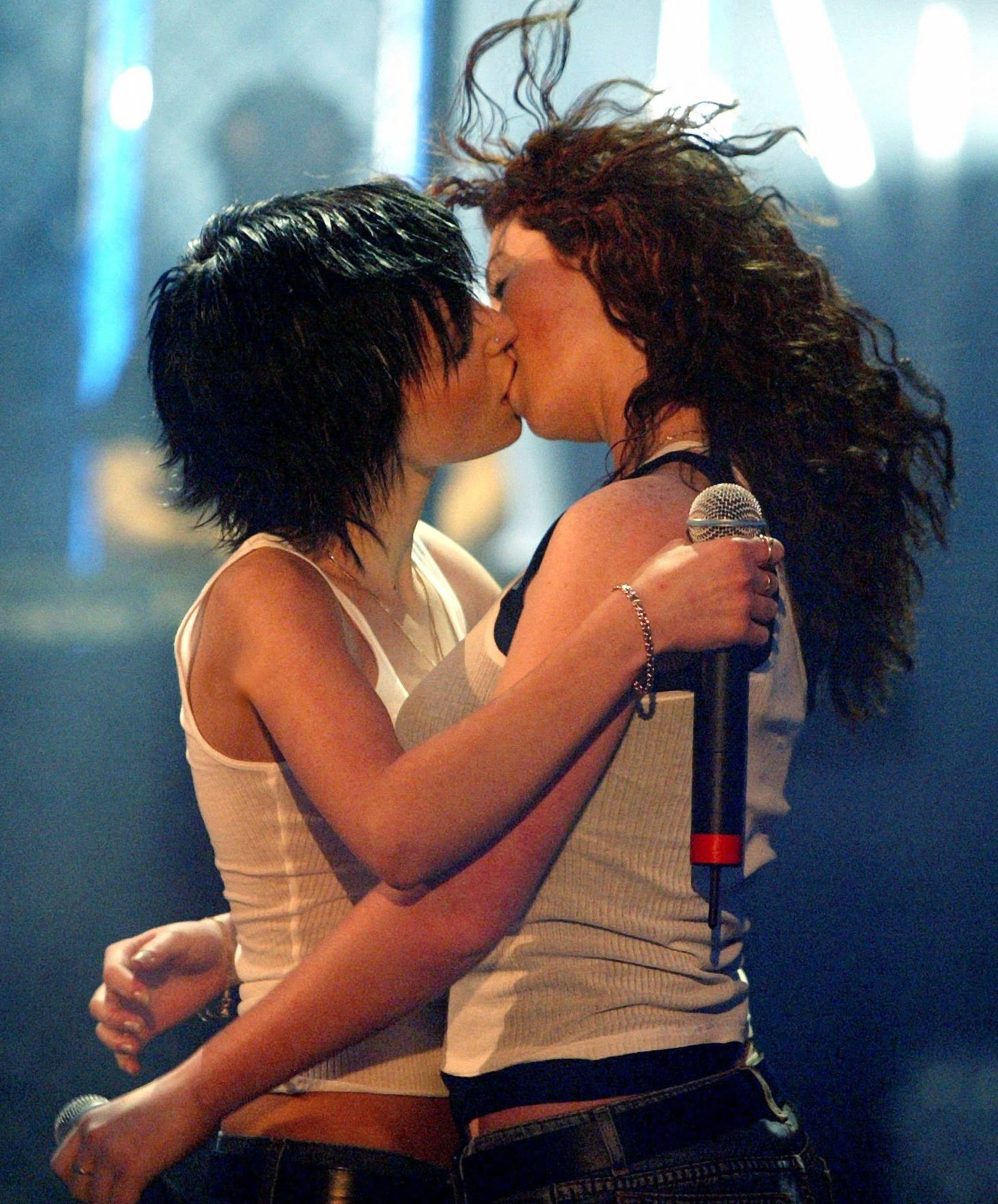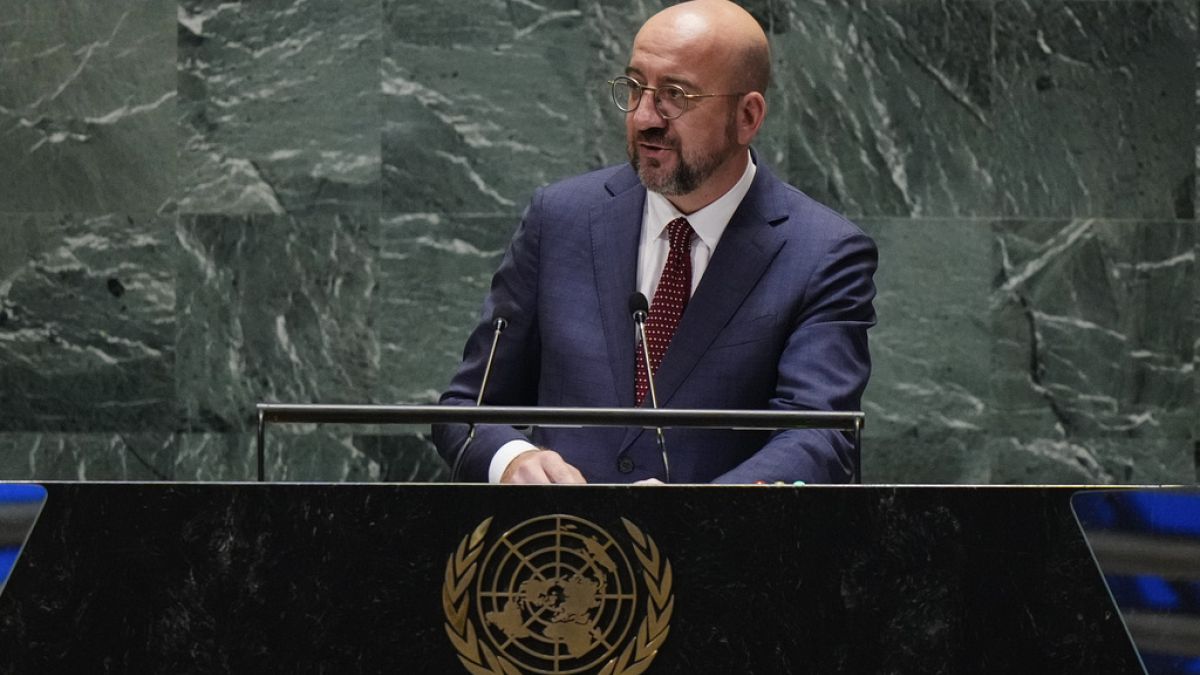Can the UK’s ‘Prince of Darkness’ really become its Trump whisperer?
Some worry that Mandelson will see Trump 2.0 as something to be weathered rather than a revolution in U.S. politics that will have long-lasting ramifications.
Jamie Dettmer is opinion editor at POLITICO Europe.
WASHINGTON — Never a man to shun the limelight, Britain’s populist agent provocateur and Reform UK party leader Nigel Farage volunteered his services to his country last week, offering to be a go-between with U.S. President-elect Donald Trump — and help his country avoid possibly severe trade tariffs.
Surprisingly, his overture is likely to be accepted by Britain’s next ambassador to Washington, Peter Mandelson.
A Labour Party grandee and former EU trade commissioner, Mandelson earned the nickname “Prince of Darkness” for his ruthlessness as a political fixer for former Prime Minister Tony Blair. But last month, amid heightened speculation that he’d be named the next envoy, he indicated a willingness to put aside his political differences with Farage. The Reform UK chief is a Mar-a-Lago insider who’s been holding talks with Elon Musk, as rumors swirl that the tech billionaire might donate $100 million to his party. As a result, some Labour stalwarts, as well as the country’s Election Commission, are urging strengthened election rules governing political donations — but so far Downing Street is being cautious, not wanting to offend Musk nor Trump.
Mandelson’s key task is to dissuade Trump from imposing tariffs on Britain — or to at least go easier on the U.K. than he does on the EU — and he knows he’ll need to garner support from anyone close to Trump world. “I would include Nigel Farage,” he said. “You can’t ignore him. He’s an elected MP.”
But is Mandelson the right choice for Trump 2.0? Or is the U.K., like the rest of Europe, refusing to adjust to a new reality?
Threatening to impose 20 percent tariffs across the board on global imports into the U.S. — along with an even higher 60 percent on Chinese goods — Trump has his eye on reducing American trade deficits. On Friday, the president-elect was beating the ever-familiar tariff drum once more, telling European leaders they should step up U.S. oil and gas imports if they don’t want to face tariffs on the bloc’s exports to America.
Prime Minister Keir Starmer picked Mandelson for his trade experience and notable networking abilities, hoping he’d boost U.K. interests during what’s going to be a highly tricky and turbulent period for the vaunted Anglo-American special relationship. Despite being a legendary schmoozer, however, Mandelson will likely need all the help he can get — even if it has to come down to Farage.
For one, some observers in Washington question the wisdom of appointing a man with a record of criticizing Trump — Mandelson once described the U.S. leader as “little short of a white nationalist and racist.”
“It is an odd choice if you’re trying to build bridges with the Trump administration,” said Dalibor Rohac of the American Enterprise Institute. And Mandelson’s past censures of Trump have already drawn the ire of his loyalists, with top campaign adviser Chris LaCivita dubbing him “an absolute moron” on social media.
But perhaps Mandelson will be forgiven. Though famously thin-skinned, Trump can be quite pragmatic when he wants and has overlooked past criticism before — his pick of JD Vance as running mate is a notable incidence of his magnanimity.
But Rohac doesn’t think the problems end there: The new envoy also has a pro-EU stance that won’t sit well with the MAGA world — and his position on China won’t ingratiate him either. “It is absurd to imagine putting a country of such weight in the naughty corner,” Mandelson wrote in 2018, criticizing Trump for being too hostile toward Beijing. “His idea of a progressive trade policy is one that forces everyone else to give the US more favorable treatment rather than a trading system from which everyone gains,” he continued.

Given this take, “[Mandelson] just doesn’t come across, generally speaking, as somebody who can be expected to be effective with the Trump team. I’m not quite sure he’s the best person to ensure that the special relationship the Brits aspire to will thrive,” Rohac said. He is “not a man of the future.”
The underlying worry here is that Mandelson will see Trump’s second term as similar to his first — as something to be weathered before everything reverts back to the multilateral way it was before MAGA emerged. He “will fall back to the clichés of the past, to old ways of thinking and an understanding of transatlantic relations that is outdated. That just won’t get him very far with the Trump team,” Rohac said.
But Mandelson won’t be the only European official or envoy approaching Trump 2.0 as something to be managed and survived rather, than as a revolution in U.S. politics that will have major long-lasting ramifications.
Daniel Vajdich, a Republican foreign policy expert and president of the lobbying firm Yorktown Solutions, fears European officials, parliamentarians and ambassadors are all living in a “parallel universe” and still don’t fully appreciate the revolutionary significance of Trump’s second presidential win. “It can’t be business as usual,” he told POLITICO. “And they don’t get that.”
A trail of European policymakers and officials have been heading to Washington since November, trying to gain — however belatedly — secure inroads with the Trump team. But they’ve mostly been meeting with Republicans on Capitol Hill, as “they have no real in with the MAGA world,” Vajdich said. And this is very worrying for transatlantic relations “because they’re using the same old talking points from a decade ago,” not appreciating it’s a brave new world.
Moreover, while Vajdich himself would like to see Ukraine in NATO, he also underscored that any talk of the country joining the alliance as a precondition for peace talks would be misguided — and the idea that Trump would agree to deploy U.S. troops to help patrol a demilitarized buffer zone between Ukraine and Russia, simply because Europe doesn’t have the available forces, is a non-runner.
“They are delusional if they think Trump will okay any of this, and that delusion threatens to rupture the transatlantic relationship,” he said.
What's Your Reaction?







